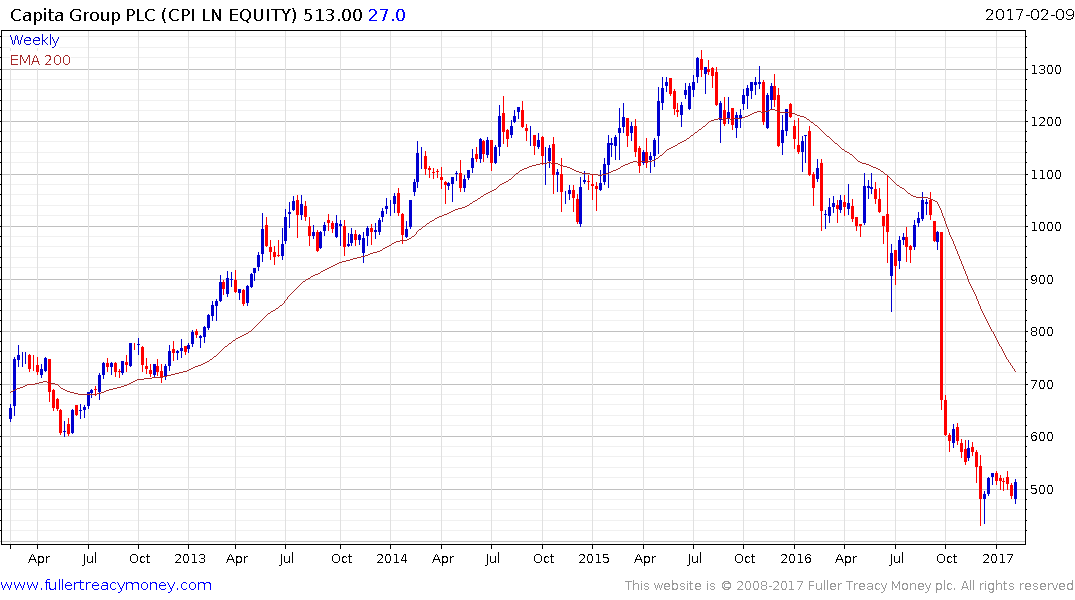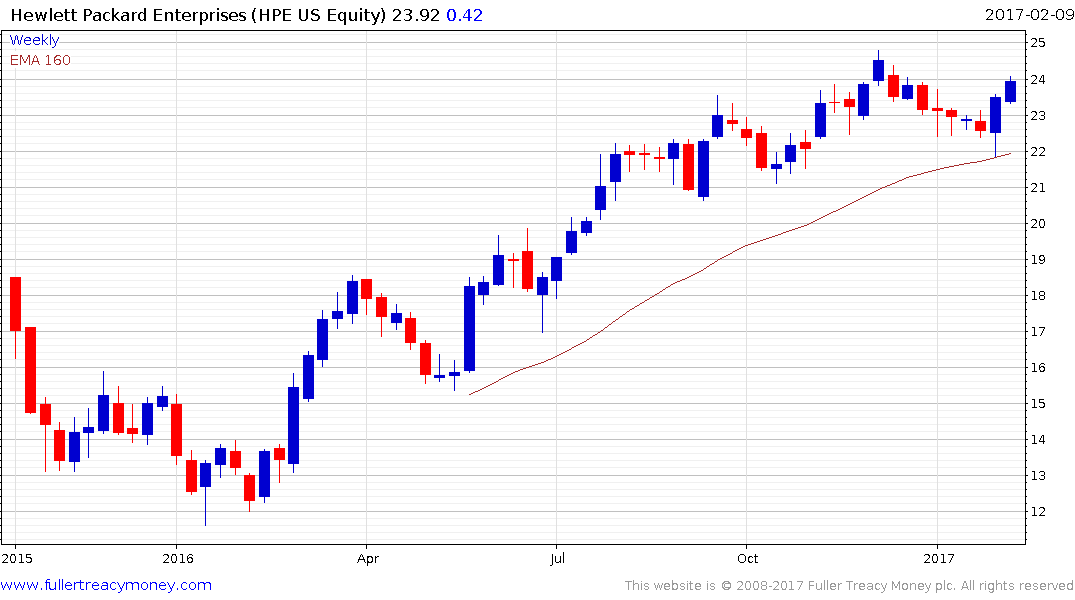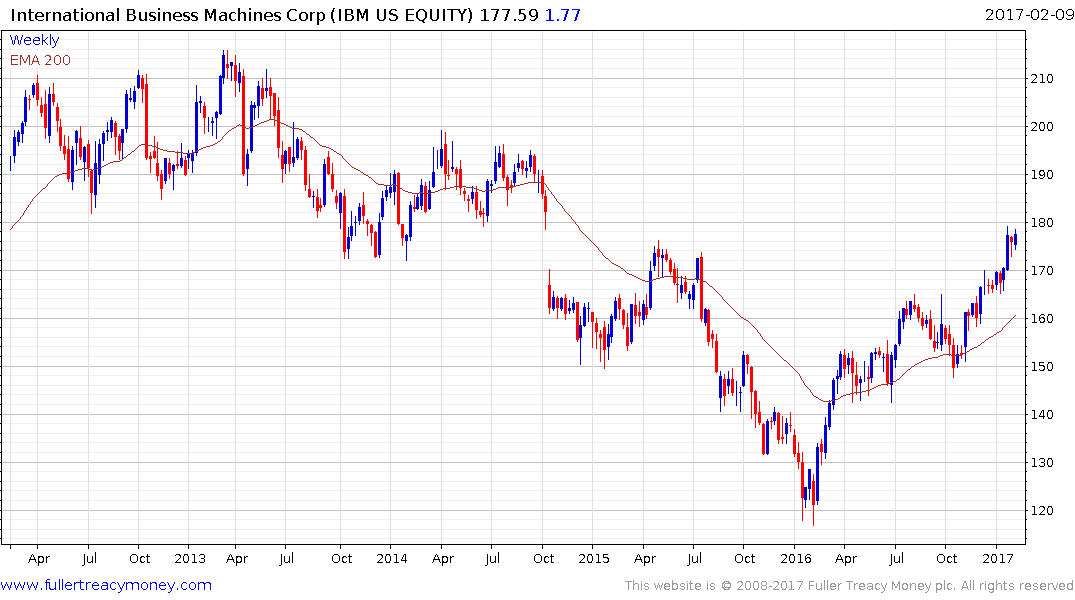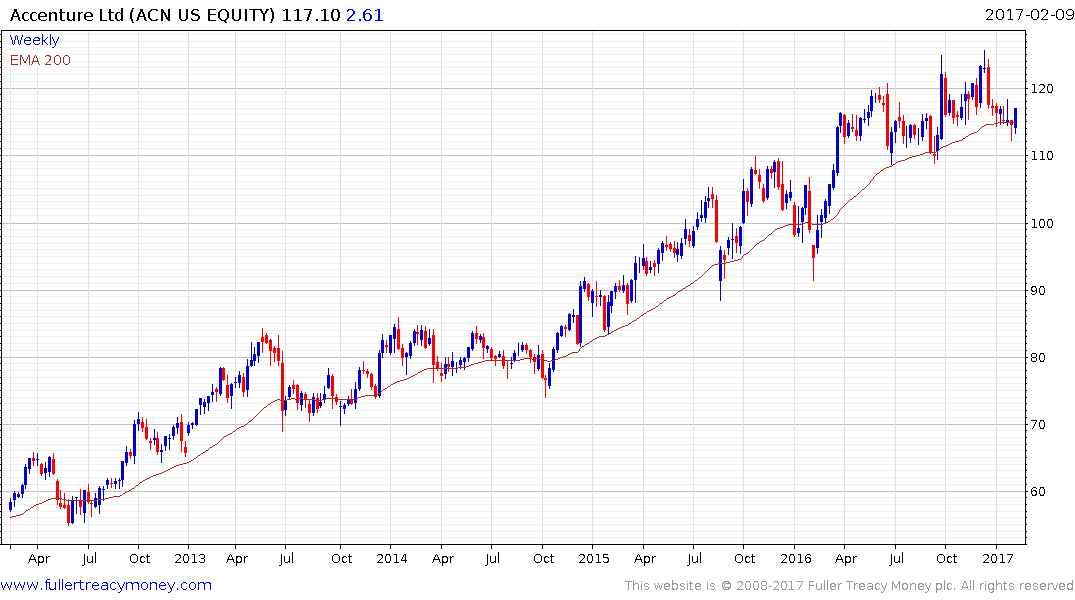Machines Can Replace Millions of Bureaucrats
This article by Leonid Bershidsky for Bloomberg may be of interest to subscribers. Here is a section:
In some countries, some of the people in these jobs -- such as postal employees -- are public sector workers. But government clerks who do predictable, rule-based, often mechanical work also are in danger of displacement by machines. In a recent collaboration with Deloitte U.K., Profs. Osborne and Frey estimated that about a quarter of public sector workers are employed in administrative and operative roles which have a high probability of automation. In the U.K., they estimated some 861,000 such jobs could be eliminated by 2030, creating 17 billion pounds ($21.4 billion) in savings for the taxpayer.
These would include people like underground train operators -- but mainly local government paper pushers.
This week, Reform, the London-based think tank dedicated to improving public service efficiency, published a paper on automating the public sector. It applied methodology developed by Osborne and Frey to the U.K.'s central government departments and calculated that almost 132,000 workers could be replaced by machines in the next 10 to 15 years, using currently known automation methods. Only 20 percent of government employees do strategic, cognitive work that requires human thinking -- at least for now, while artificial intelligence is as imperfect as it is. Most of the rest are what the Reform report calls the "frozen middle" -- levels of hierarchy where bureaucrats won't budge without approval from above.
Almost all British government departments have 10 employee grades or more. The department for environment, food and rural affairs has 13. Most of the middle-level tasks are routine and rigidly regulated and motivation is low: Only 38 percent of middle-level bureaucrats say they feel good about what they do.
In the U.K., the average civil servant takes 8 sick days a year, while a private sector worker takes 5. In the last two decades public sector spending rose by an average 3.1 percent a year, about 16 times faster than productivity.
The majority of commentary is focusing on the how, what and when of Brexit but there also needs to be some thought for how the UK is going to enhance its competitive position in a post EU world. Tax structures, trade deals and deregulation all need to be high on the agenda but so does limiting needless spending in government.
Cutting back on government expenditure through the introduction of labour saving technology is an additional element that could save the country billions and not least in future pension liabilities. Healthcare and pensions represent the two largest headaches for just about all demographically challenged countries so anything that can reduce the cost of either frees up capital for more productive uses.
This article from ComputerWeekly, dated 2015, contains information on which companies garner the majority of the UK government’s spending on IT services.

Capita was among the hardest hit shares following the Brexit vote and continued to decline until the final days of 2016. If it improves on this week’s performance through tomorrow’s close it will have gone a long way towards confirming its first higher reaction low in months.

Hewlett Packard Enterprises is also among the greatest beneficiaries of UK public spending. The share has been trending higher in a reasonably consistent manner since early 2016 and bounced last week from the region of the trend mean.

IBM broke a three-year downtrend in April and continues to hold a more than year-long progression of higher reaction lows.
.png)
CapGemini has been confined to a volatile range for almost two years and will need to continue to hold the €70 if Type-3 top formation completion is to be avoided.

Accenture remains in a reasonably consistent 8-year uptrend and bounced this week from the region of the trend mean.


